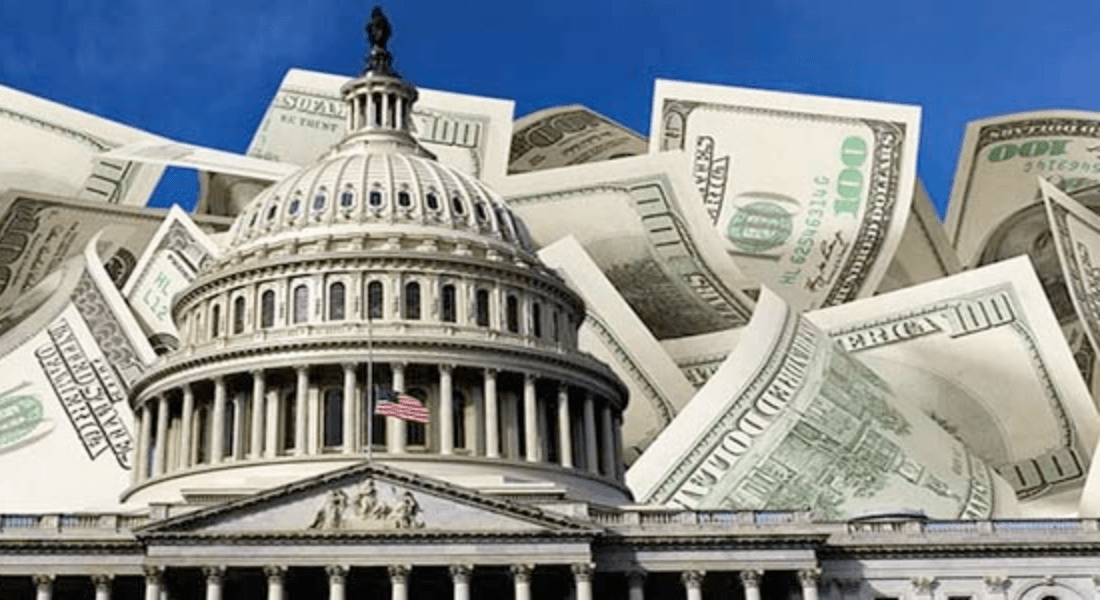
What Happens if the Debt Ceiling is Not Raised?
Remember, it’s about paying America’s bills, not borrowing more money
The latest mess out of Washington is the fight to increase the federal debt ceiling. If this isn’t resolved, some fear catastrophe for the markets. Relax. Stocks may dip at first, but a market debacle won’t happen.
The debt ceiling fiasco will come and go, market volatility will likely increase and we have to manage our emotions and follow our investment discipline. There will always be drama in D.C. or unexpected announcements on Wall Street.
Long-term financial success dictates that we learn to manage headline generated waves in the market and recognize which ones truly matter and which are just ripples under our boat. Remember, some ripples even offer potential opportunities.
The politicians in D.C. seem to generate drama regarding just about everything these days. While many of the laws that state legislatures and Congress pass are in fact important, let’s take a closer look at the debt ceiling, which is a special situation.
For the past few months, discussions of the debt ceiling have slowly crowded out other stories on the newswires. That is a serious issue, and we certainly have opinions about it, but this article is devoted to helping you understand the market more than politics.
The Debt Ceiling Explained
First things first, the debt ceiling does not give Congress the ability to spend more money. It does not hand over a blank check for them to do whatever they please.
So, if the debt ceiling does not allow Congress to spend more money, then what does it do? In the simplest terms, it approves the check to be written to pay for the spending that lawmakers already approved.
Imagine if you receive a credit card with a limit of $5,000, and then charge $5,000 on it. When the bill comes in the mail, you decide if you’ll pay it off or not. That’s essentially what Congress is doing, determining: whether they will pay the bill to cover the spending that the House, Senate and president already signed off on.
Seems fairly simple doesn’t it? Well, like most things that happen in Washington, both parties attempt to latch special spending items to bills that raise the debt ceiling. The important discussion of how much the U.S. government spends should ideally occur when voting on the actual budget. Without an agreement on this question, we could see a government shutdown.
22 Times Since 1976
Here is a very important thing to remember: if the debt ceiling is not raised and the government does shut down, it wouldn’t be the first time. In fact, it wouldn’t even be the twentieth time.
Since 1976 the government has been shut down 22 times, the last being between December 22, 2018 until January 25, 2019 (35 days). If this happens, then yes, the stock market will likely react negatively.
But we will survive and there will be a light at the end of the tunnel, the question is how long it takes to reach there.














